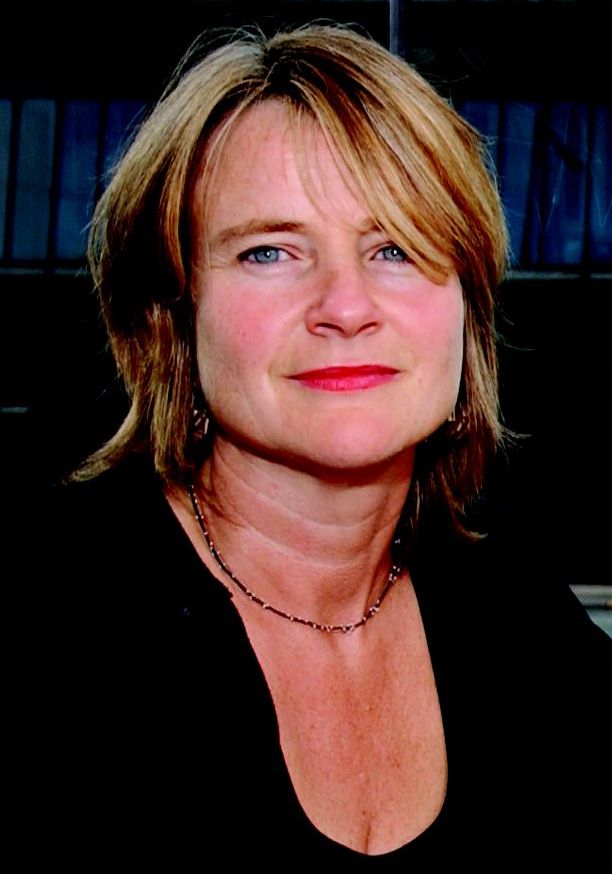Beyond Education: Has there ever been a better time to be a musician? Has there ever been a worse time to be a musician?
The conversations that surround music today are a constant reminder of the different ways people consume, critique, appreciate, value or devalue music.
Without the support to take risk, to develop an artistic confidence, to make mistakes – the art that is produced doesn’t speak to the people it should, doesn’t represent the people it should, and provides an overproduced, under-considered and commercially defined output.
How do we ensure that a true diversity of voices are represented, that the challenging, thought provoking and musically progressive artists that the UK have been producing for decades don’t cease to exist?
Does the role of support increasingly fall to the likes of PRS Foundation’s Talent Development Partners, the music and arts organisations working across the country to support, develop and showcase exciting young and emerging talent, have we reached a point where the commercial industry now has to be subsidised by the cultural charity sector?
Are there answers with new technologies such as blockchain, Virtual Reality, A.I. and algorithm or does the future sustainability of early artist careers lie with a new democratized version of patronage, through digital platforms such as PledgeMusic?
- How do we support the future of music, how do we connect with early talent that we don’t know about?
- Do we have a role to play in lobbying for a more equal and fair music industry that is more fully representative?
- How important is it for us to curate interventions for early career artists and is our critical endorsement valuable?
As a network of organisations with the potential to influence and shape the future music landscape we invite you to consider these provocations and ask what we could be doing, what we should be doing – and why?
Debra King, Director at Brighter Sound
Debra is an experienced creative producer and arts director with a wide-ranging knowledge of music, the arts, education, culture and community participation at a local, national and international level. Debra’s previous roles include- Director of Women in Music; ACE Music Officer: Co artistic director of the Commonwealth Games Cultural Programme; Manager of the of Australian Contemporary Arts programme across the UK and Europe; Co-director of Fkuk an international producing company; Co-producer for the Nitin Sawhney project, Aftershock.
Debra is currently the Director of Brighter Sound a cultural producer of music programmes, pioneering new ways to explore creative music with musicians, composers, artists and young people. Brighter Sound regularly commissions and produces work and provides a platform for artist’s development. The company also contributes to research and strategic development concerning music and its impact and role across learning and education on a regional and national scale. Brighter Sound believes in a more equal and diverse music industry, and its Both Sides Now programme is working to affect positive change around the roles, representation and recognition of women in music, from the classroom – to the boardroom – to the stage.

